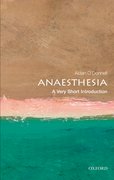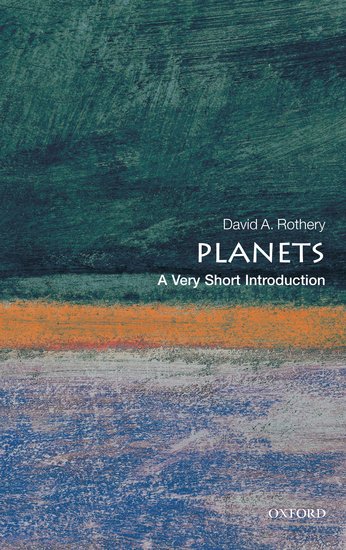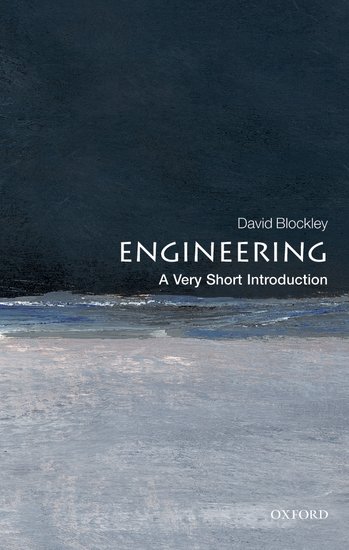Propofol and the Death of Michael Jackson
One of the hallmarks of an expert is to make what they are doing look effortless. Whether it is tossing pizza, throwing a clay pot on a wheel, or executing the perfect forehand smash, the experts make it look easy. The part that we don’t see is the hundreds of hours of practice, and the hundreds of times it has gone wrong; the shreds of dough stuck to the light bulb.











